Should Iran still be sanctioned during the pandemic?
Calls are growing for sanctions relief as Covid-19 bites hard in Iran, but Tehran continues to orchestrate attacks

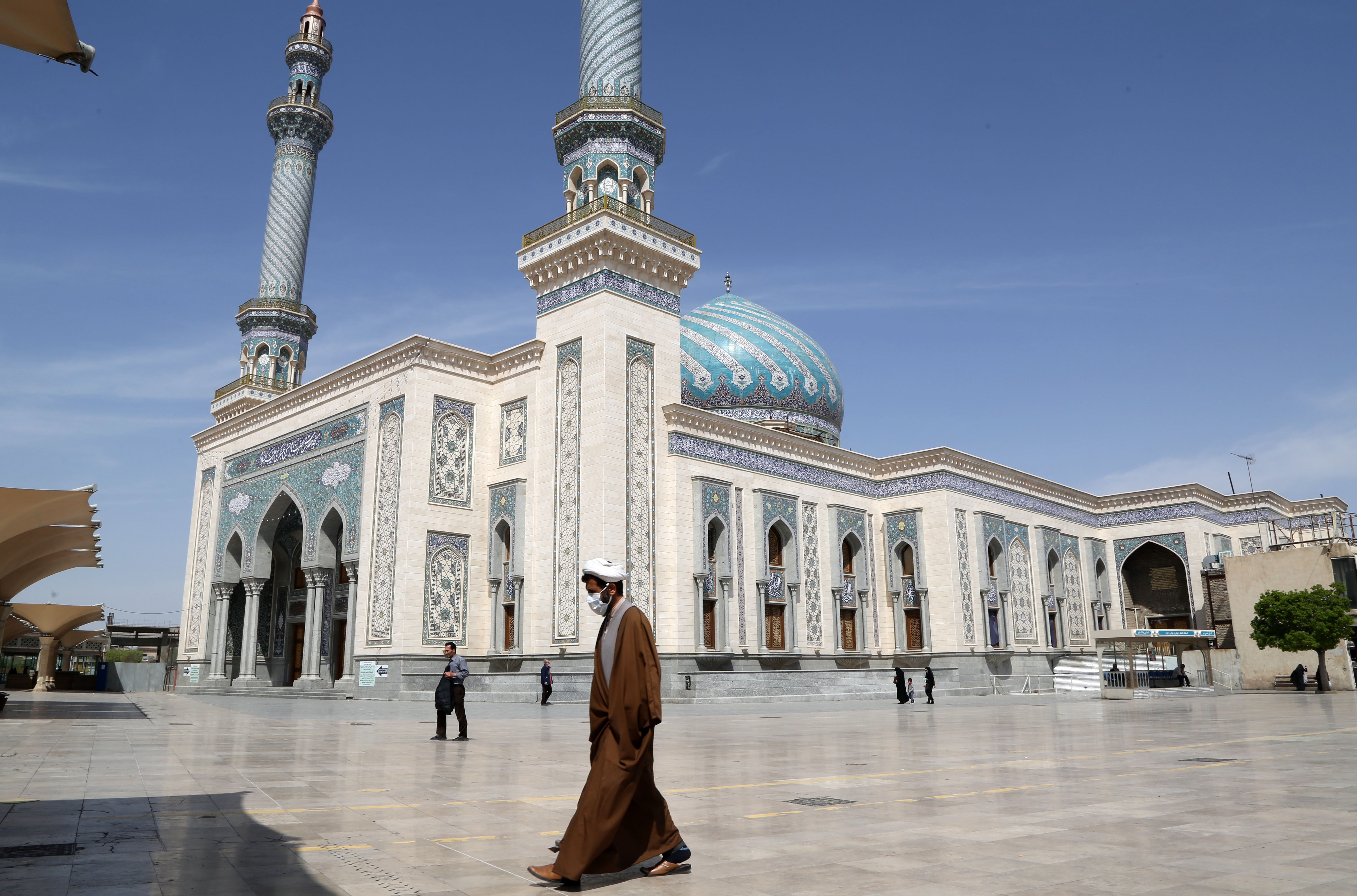
A free daily email with the biggest news stories of the day – and the best features from TheWeek.com
You are now subscribed
Your newsletter sign-up was successful
The United States has ruthlessly maintained its “maximum pressure” policy of punitive sanctions against Iran, despite coronavirus taking a catastrophic toll on the Middle Eastern country.
On Wednesday, officials in Tehran reported the nation’s single biggest jump in deaths from Covid-19 as another 147 people died - bringing the total to 1,135. On the same day, US Secretary of State Mike Pompeo announced a new raft of sanctions.
Iran is suffering from a devastating shortage of supplies, but the measures, Pompeo said, were designed to “further Iran’s economic and diplomatic isolation”.
The Week
Escape your echo chamber. Get the facts behind the news, plus analysis from multiple perspectives.

Sign up for The Week's Free Newsletters
From our morning news briefing to a weekly Good News Newsletter, get the best of The Week delivered directly to your inbox.
From our morning news briefing to a weekly Good News Newsletter, get the best of The Week delivered directly to your inbox.
Iran and the US have been engaged in a series of retaliatory strikes against each other since the killing of Iranian general Qassem Soleimani in Baghdad in January, even as, in the same period, the world’s attention has swung almost entirely to the mushrooming coronavirus pandemic.
The Iranian government has not wavered in its bellicose stance towards the US, despite being mired in an outbreak that has killed a number of senior figures in the regime, and continues to infect and kill its people at a rate The Atlantic says is “perhaps hundreds of times greater than the official number”.
“The Americans assassinated our great commander. We have responded to that terrorist act and will respond to it,” Rouhani said in a televised speech yesterday.
On Tuesday, Iranian Foreign Minister Javad Zarif called for countries to ignore the sanctions, which he said had been “impairing” Iran’s “ability to fight Covid-19”.
A free daily email with the biggest news stories of the day – and the best features from TheWeek.com
The measures announced yesterday by Pompeo seemed calibrated to emphasise to international companies that the coronavirus outbreak would not stop them enforcing their restrictions.
Eight non-Iranian companies were sanctioned on Wednesday for “knowingly engaging in a significant transaction for the purchase, acquisition, sale, transport, or marketing of petrochemical products from Iran” - three from China, three from Hong-Kong and two from South Africa.
–––––––––––––––––––––––––––––––For a round-up of the most important stories from around the world - and a concise, refreshing and balanced take on the week’s news agenda - try The Week magazine. Get your first six issues free–––––––––––––––––––––––––––––––
Pressure is growing on Washington to reduce or pause sanctions because of the pandemic. China, Russia and Pakistan have all this week called for sanctions to be lifted.
“US sanctions, imposed within the framework of the maximum pressure campaign, pose a serious obstacle to efficient measures against the infection,” said the Russian Foreign Ministry on Monday. “Millions of Iranian citizens have been deprived of the opportunity to purchase vital medical items... We deeply regret, we are alarmed and seriously concerned by the anti-humane US policies.”
In a Tuesday appearance on Iranian television, Dr Afruz Eslami, a state journalist who is also a medical doctor, cited a study by Tehran’s Sharif University of Technology, which claims that a worst-case scenario could see 3.5 million Iranians die from Covid-19.
In February, the US and Switzerland launched a humanitarian channel aimed at mitigating the effects of sanctions as Iran combats the outbreak.
The link, says The Wall Street Journal, “allows international firms to trade in goods such as medical supplies, agricultural commodities and basic necessities without risk of U.S. sanctions-enforcement penalties”.
However, the crisis is worsening and, writing in The Intercept, Mehdi Hassan says “sanctions relief... needs to go much further and much faster.”
There is no doubt that sanctions relief is one of the central aims of Iranian foreign policy, and the authorities in Tehran are attempting to leverage the coronavirus tragedy to achieve this goal, all while they continue to launch missile attacks against the US and its allies - with a British service member killed last week in a strike.
What’s more, says The Guardian, “the Trump administration believes the Iranians are using sanctions as an excuse to hide their own incompetence, including a reluctance to take the necessary tough measures to restrict population movements”.
William Gritten is a London-born, New York-based strategist and writer focusing on politics and international affairs.
-
 Corruption: The spy sheikh and the president
Corruption: The spy sheikh and the presidentFeature Trump is at the center of another scandal
-
 Putin’s shadow war
Putin’s shadow warFeature The Kremlin is waging a campaign of sabotage and subversion against Ukraine’s allies in the West
-
 Media: Why did Bezos gut ‘The Washington Post’?
Media: Why did Bezos gut ‘The Washington Post’?Feature Possibilities include to curry favor with Trump or to try to end financial losses
-
 The new Stratus Covid strain – and why it’s on the rise
The new Stratus Covid strain – and why it’s on the riseThe Explainer ‘No evidence’ new variant is more dangerous or that vaccines won’t work against it, say UK health experts
-
 Covid-19: what to know about UK's new Juno and Pirola variants
Covid-19: what to know about UK's new Juno and Pirola variantsin depth Rapidly spreading new JN.1 strain is 'yet another reminder that the pandemic is far from over'
-
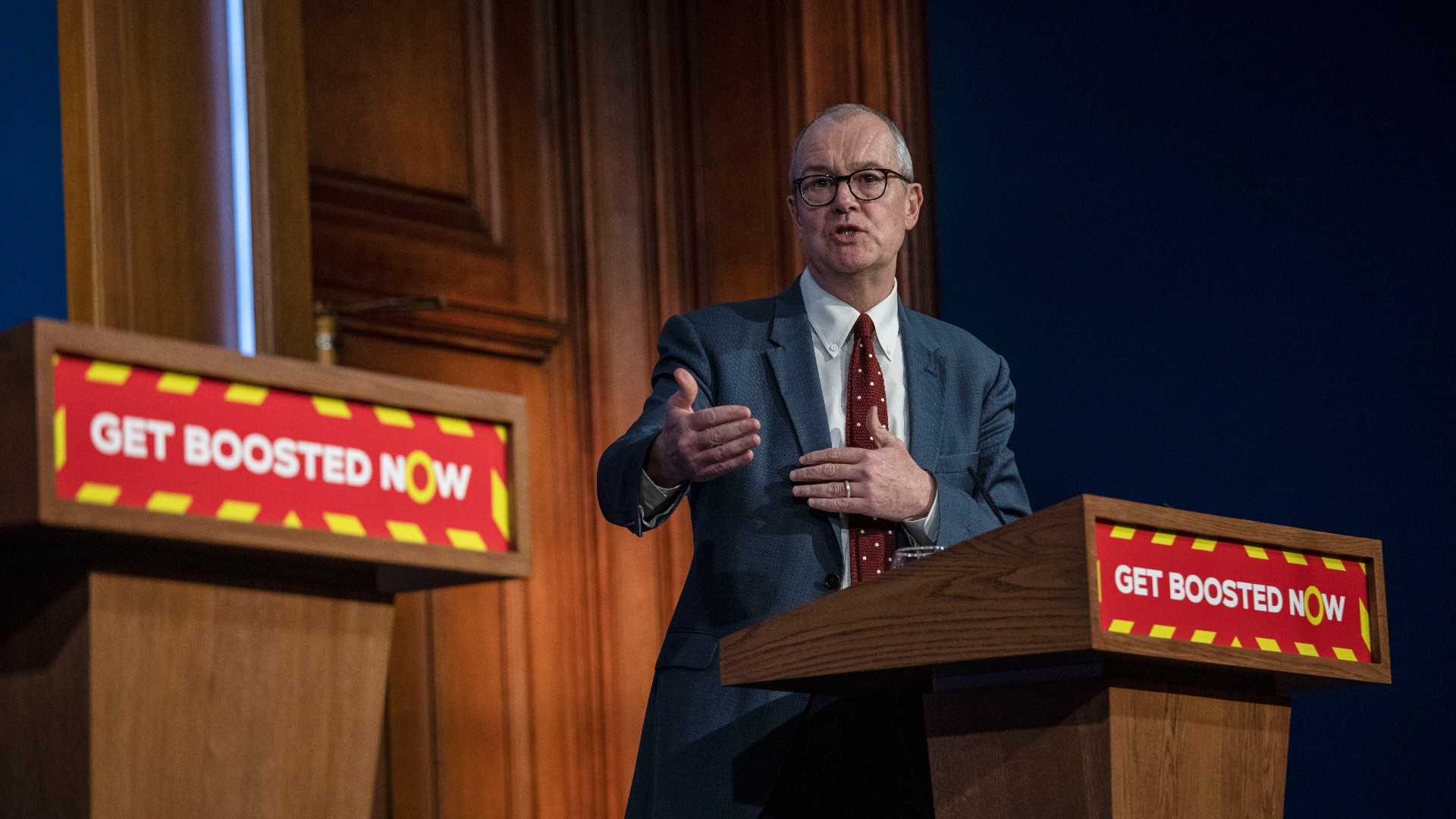 Vallance diaries: Boris Johnson 'bamboozled' by Covid science
Vallance diaries: Boris Johnson 'bamboozled' by Covid scienceSpeed Read Then PM struggled to get his head around key terms and stats, chief scientific advisor claims
-
 Good health news: seven surprising medical discoveries made in 2023
Good health news: seven surprising medical discoveries made in 2023In Depth A fingerprint test for cancer, a menopause patch and the shocking impacts of body odour are just a few of the developments made this year
-
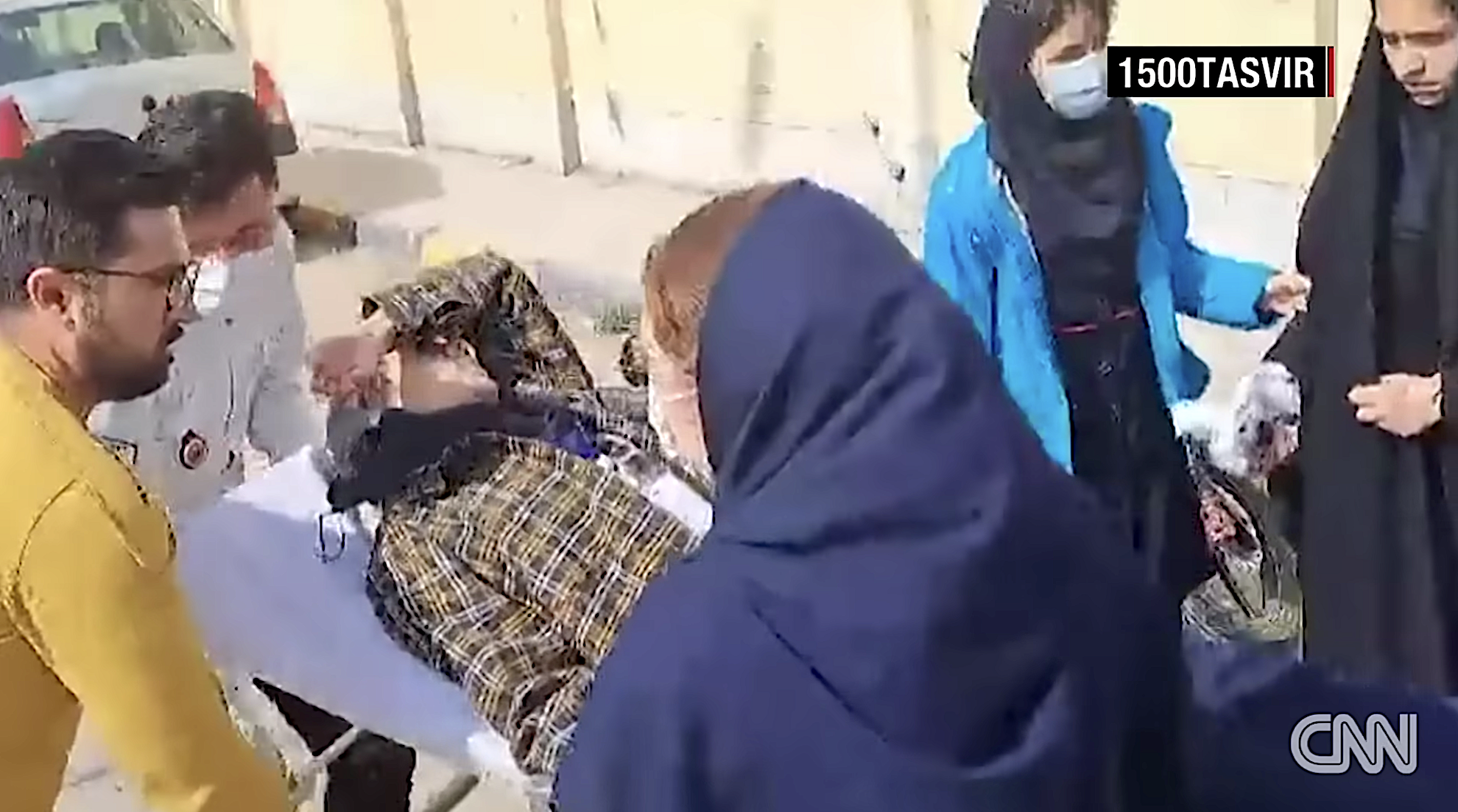 Who is poisoning Iran's schoolgirls, and why hasn't Iran's government stopped them?
Who is poisoning Iran's schoolgirls, and why hasn't Iran's government stopped them?Speed Read
-
 How serious a threat is new Omicron Covid variant XBB.1.5?
How serious a threat is new Omicron Covid variant XBB.1.5?feature The so-called Kraken strain can bind more tightly to ‘the doors the virus uses to enter our cells’
-
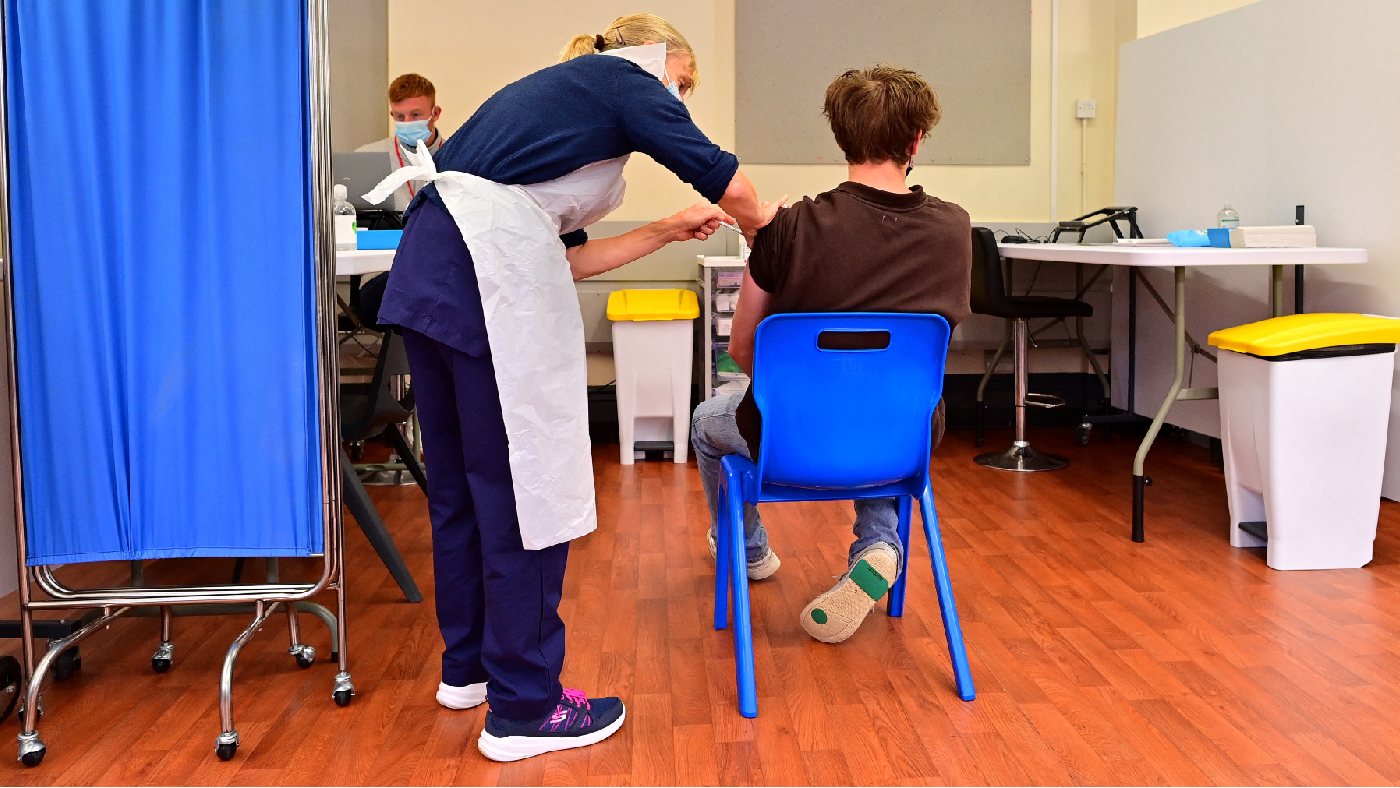 Will new ‘bivalent booster’ head off a winter Covid wave?
Will new ‘bivalent booster’ head off a winter Covid wave?Today's Big Question The jab combines the original form of the Covid vaccine with a version tailored for Omicron
-
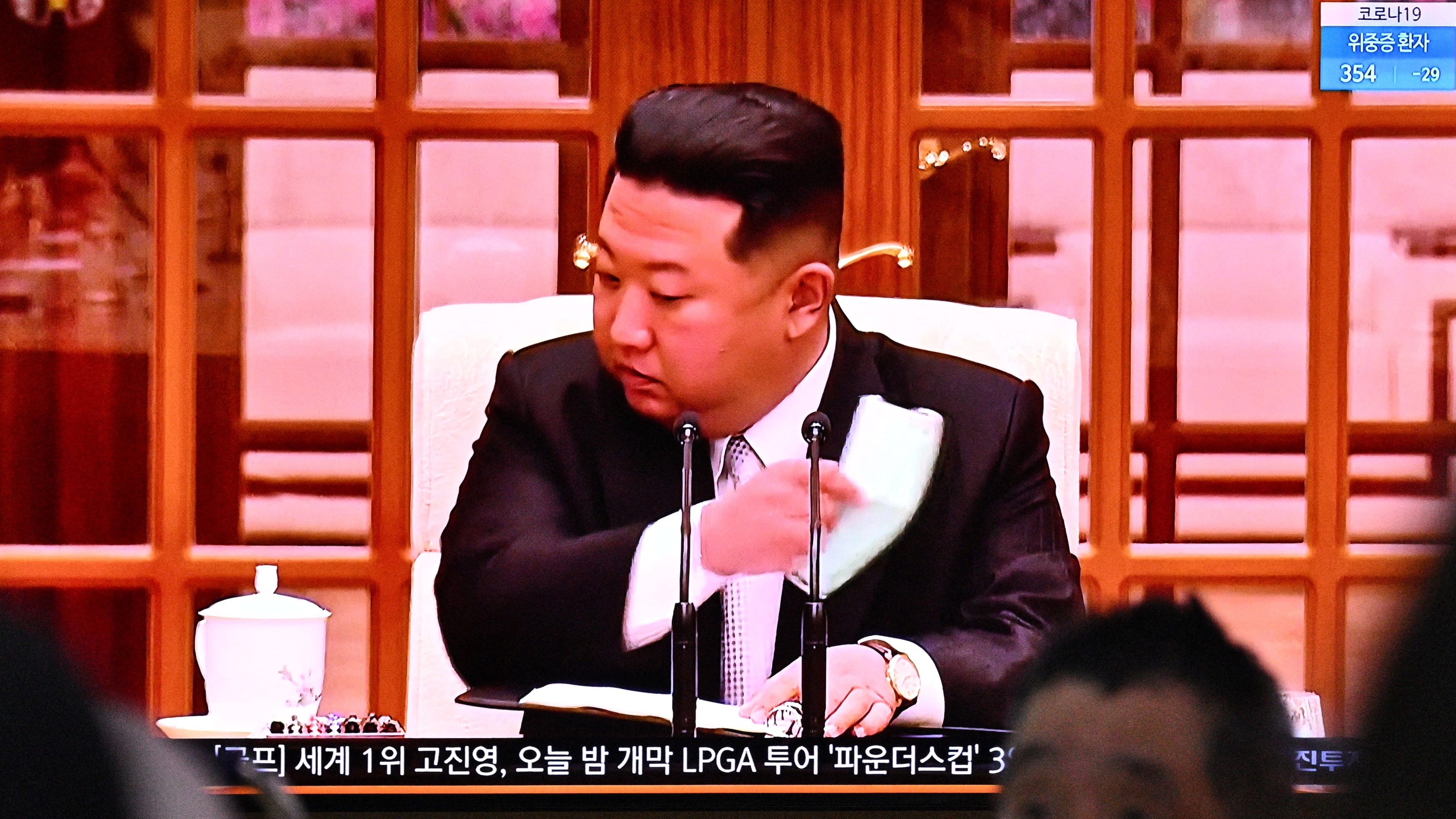 Can North Korea control a major Covid outbreak?
Can North Korea control a major Covid outbreak?feature Notoriously secretive state ‘on verge of catastrophe’
